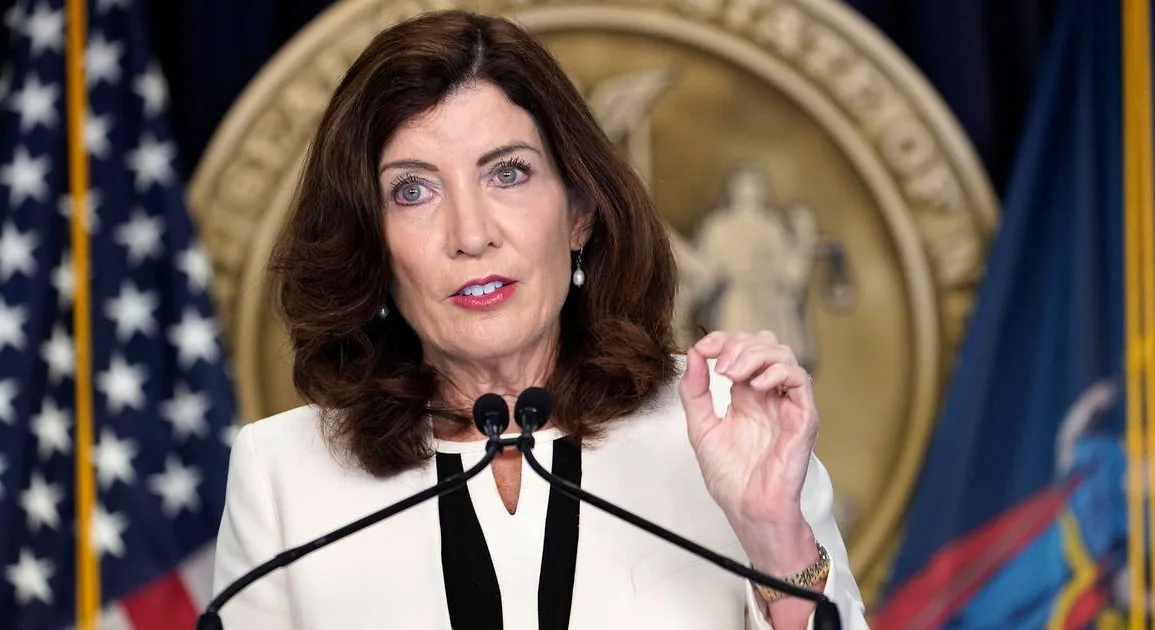Allyson Felix wants to see change in the healthcare industry.
During a recent interview on “Meet the Press,” the track and field Olympian discussed how she uses her voice to ensure pregnant Black women get adequate health services they deserve, per Today.
For Felix, this fight is personal.
In 2018, she endured a challenging pregnancy due to complications surrounding preeclampsia. The scariest moment arrived at week 32 of her pregnancy when things got “severe,” which led to an emergency cesarean section.
“They were in constant worry of me having a stroke, of my vision being lost,” she explained. “I went from being admitted to the hospital and being told that our goal was to stay there for another two weeks, to try to stay pregnant. And I delivered later that night.”
She continued, “And so it was a very quick progression. But I know that if I did not deliver, myself or my baby or both of us wouldn’t have made it.”
Before she gave birth, Felix said she was unaware of all of the effects of the condition concerning Black women, including high blood pressure.
“I felt like I should’ve known that I was at risk,” she said. “I felt like I should’ve been told the signs to look for. Instead, I wasn’t. I didn’t know what preeclampsia was. I didn’t understand that the swelling in my feet is just not simply a sign of pregnancy, but could be preeclampsia. And so I felt like I had great medical care, but that’s not always enough.”
Preeclampsia is a serious condition that affects some pregnant women and can be diagnosed after 20 weeks of pregnancy. Along with high blood pressure, symptoms include vision changes, kidney or liver dysfunction, headaches, and chest pain, per the Preeclampsia Foundation.
Black women are reportedly 60 percent more likely to suffer from preeclampsia while pregnant compared to white women, as cited by Rochester Regional Health.
In May, Felix’s U.S. women’s 4×100 meter relay teammate Tori Bowie died at eight months pregnant following childbirth complications.
Bowie’s sudden death was “absolutely devastating.”
“This is the reality of Black women giving birth in America,” Felix told the outlet. “And there are so many situations that are like this. And so I hate that it takes such a devastating loss to bring it back to the forefront. But it also is just such a motivation that we have to do better.”
Felix believes healthcare disparities exist due to the lack of implicit bias training and Black women feeling intimidated about speaking up about things that concern their health.
“(There are) countless stories of women not being heard when they are in the delivery room (and) at doctor’s appointments. I don’t think you should have to be prepared to advocate for yourself,” she said.


